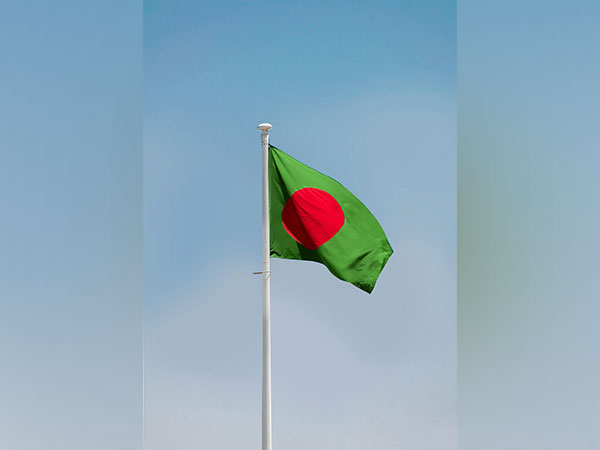Oil Tanker Explosion in Bangladesh Exposes Loopholes in Global Shipbreaking Regulations
An explosion on the oil tanker MT Suvarna Swarajya in Bangladesh killed six workers and critically injured four others. The incident highlights gaps in global and national regulations and the lack of oversight in the shipbreaking industry. Human Rights Watch and other organizations urge stronger regulations.

- Country:
- Belgium
Six workers were killed, and four critically injured, in an explosion on the oil tanker MT Suvarna Swarajya on September 7, 2024, in Bangladesh. This incident highlights significant gaps in global and national regulations and underscores the lack of oversight in the shipbreaking industry, as reported by Human Rights Watch (HRW). Ship owners often exploit legal loopholes through intermediaries to send ships to dismantling yards in Bangladesh, lacking proper environmental and labor safeguards.
The MT Suvarna Swarajya, formerly owned by the Shipping Corporation of India, was sold to Last Voyage DMCC, a subsidiary of Best Oasis, in March 2023. Last Voyage DMCC then sold it to Bangladesh's S.N. Corporation for dismantling, despite the company's poor safety record. At least 14 deaths and 22 injuries have occurred at S.N. Corporation since 2010. Julia Bleckner, a senior researcher at HRW, remarked, "The tragic explosion at S.N. Corporation's yard highlights the dangers of an international regulatory system prioritizing industry profits over worker safety."
The explosion occurred at S.N. Corporation's Unit-2 yard, which had recently received a compliance certificate from Nippon Kaiji Kyokai under the Hong Kong International Convention for the Safe and Environmentally Sound Recycling of Ships. Although this convention will take official effect on June 26, 2025, yards have already started obtaining voluntary certifications. However, HRW and other organizations argue that the convention provides insufficient environmental and safety protections.
Following the explosion, Bangladeshi authorities shut down the yard indefinitely and launched an investigation. The Department of Environment suspended the yard's environmental clearance and demanded an explanation from S.N. Corporation. Past incidents and the yard's unsafe conditions have raised serious concerns among workers. With inadequate protective measures and low wages, workers continue to face significant risks.
International corporations involved in the MT Suvarna Swarajya should be held accountable, HRW said. If responsible, companies like S.N. Corporation, Best Oasis, and the Shipping Corporation of India should cover medical expenses and provide compensation for affected families. Shipping companies use cash buyers to evade international rules, leading to harmful dismantling practices in South Asia. The Bangladesh government must enforce existing regulations and improve worker safety standards. Stronger international regulation is crucial to stop exploitative practices in the shipbreaking industry.
(With inputs from agencies.)










